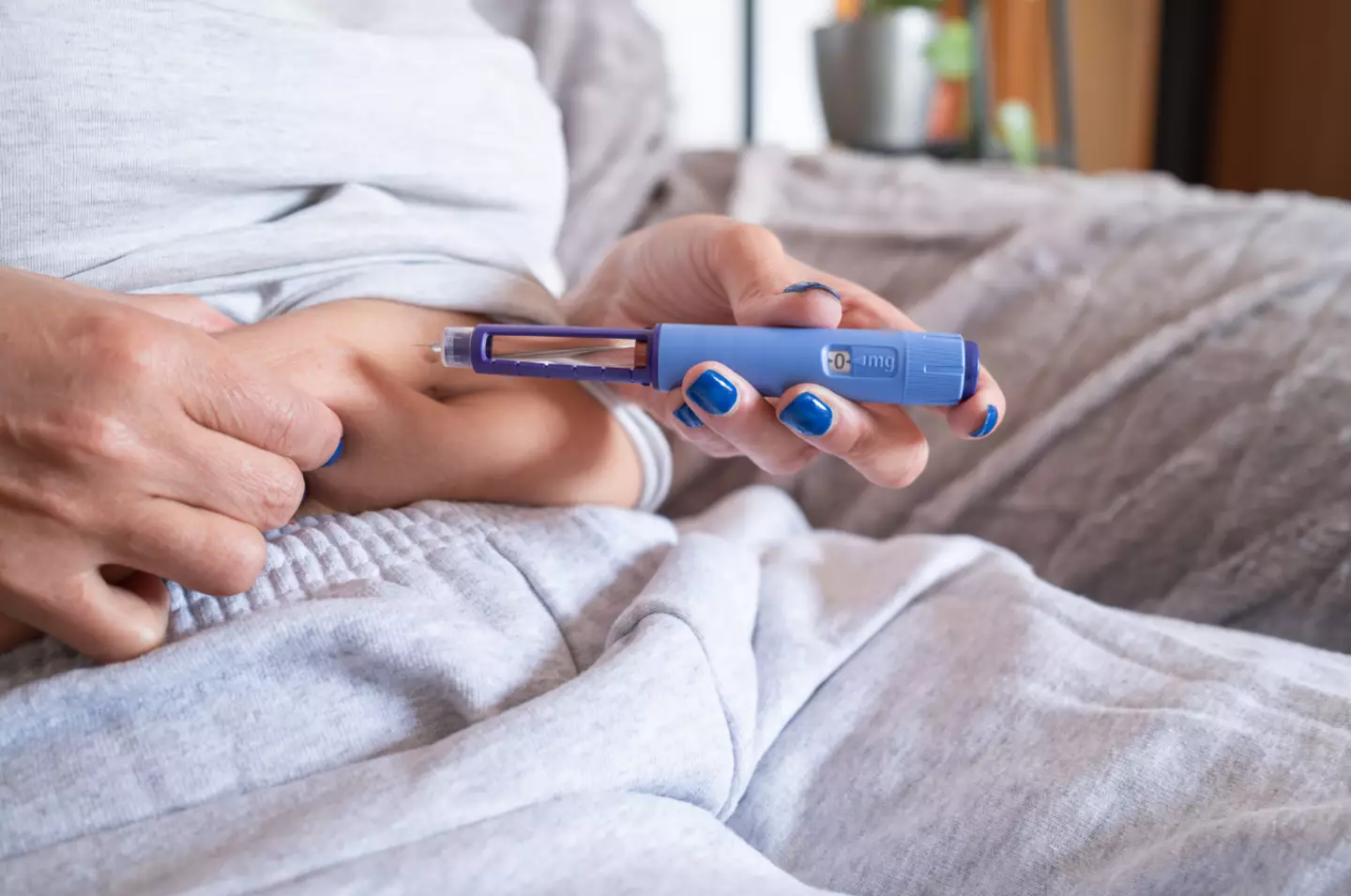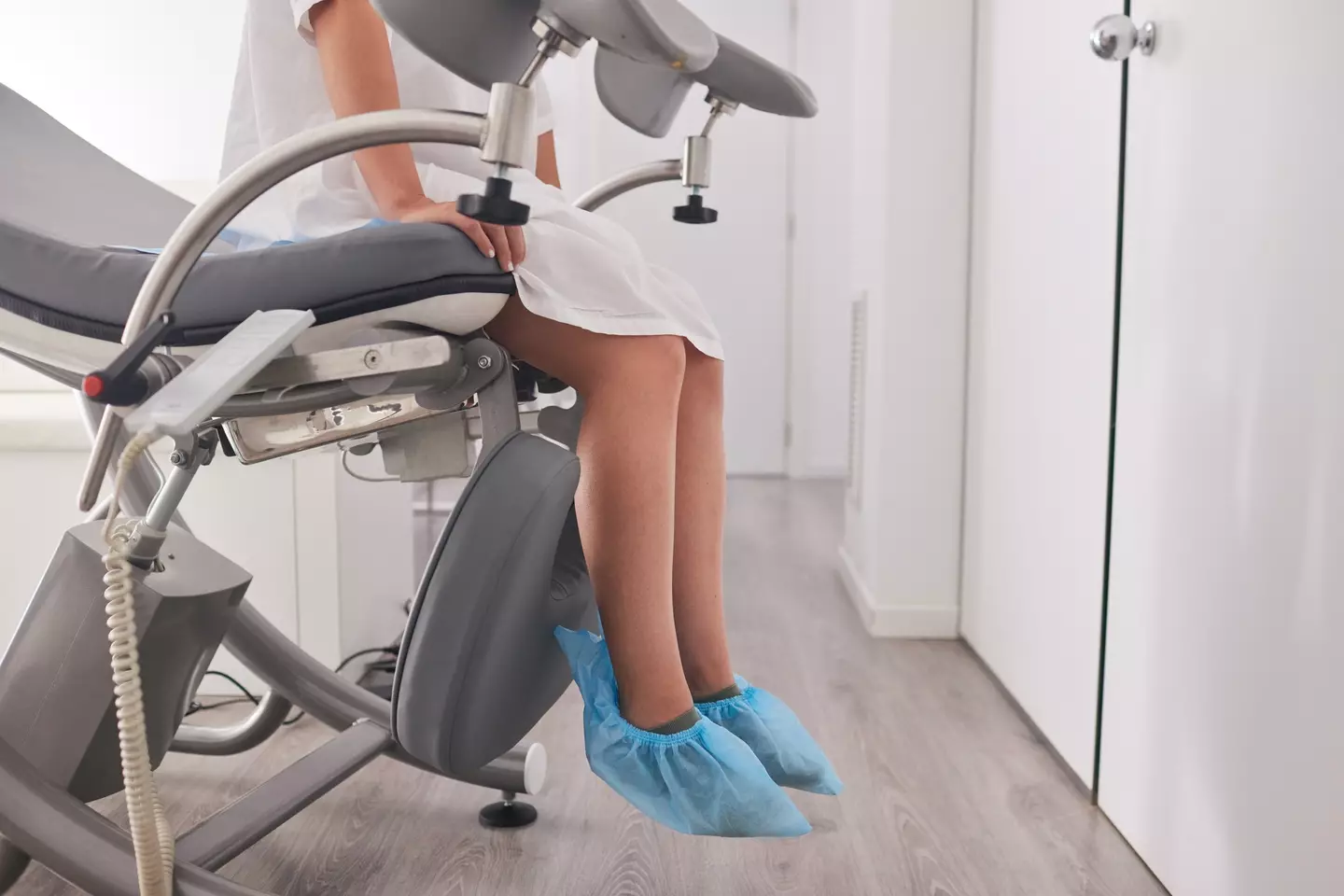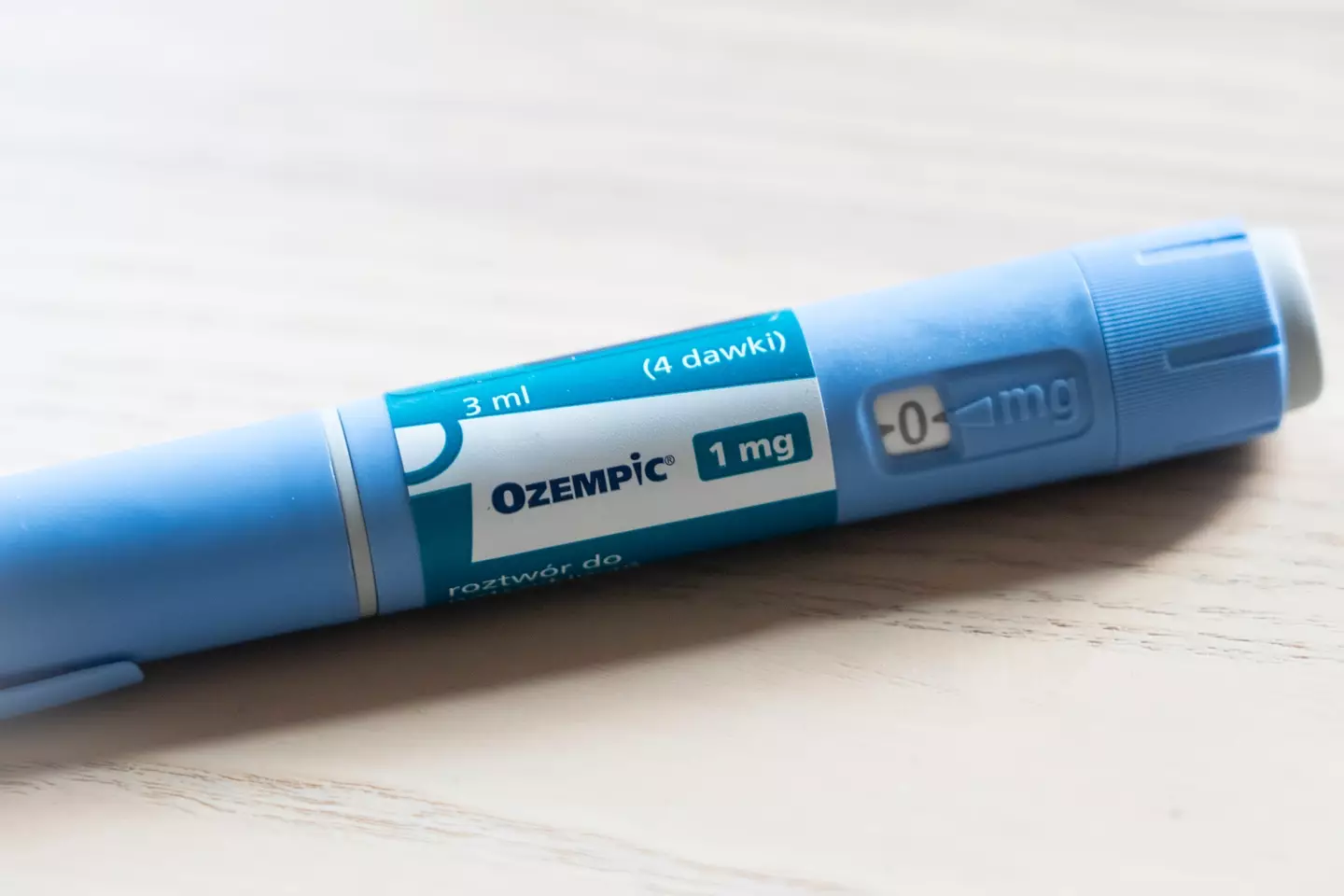A lesser-known side effect of using Ozempic has emerged, often referred to as ‘Ozempic vulva’ by some women who have reported experiencing it.
Ozempic is primarily prescribed as a treatment for type 2 diabetes, yet some individuals are using it for rapid weight loss. Despite the potential for quick results, this off-label use can lead to unexpected bodily changes.
Women have reported experiencing changes in their vulva, an issue gaining attention despite not being officially recognized as a side effect by the drug’s manufacturers.

Dr. Sherry Ross, an OB-GYN from Santa Monica, has noted that some women have reported changes to their vulva while on Ozempic. A Reddit user shared their personal story, seeking advice on managing pain during physical activities.
They recounted a visit to the gynecologist, revealing: “Turns out I’ve lost all my fat pads in my vulva! She told me my vulva is saggy and I will continue to experience pain when biking/sitting unless I have surgery or put on fillers.”
Dr. Michael Tahrey has commented that weight loss around the vulva can be very real and impactful.
His observations suggest: “In some women who take Ozempic, the rapid weight loss that occurs throughout the body may result in visible sagging of the labia or vagina due to overall fat and volume loss.”
He further explains: “This sagging is caused by loose labia, loose skin in the vaginal area, wrinkles, or a mixture of all three. It’s also common for rapid weight loss to cause the labia to suddenly feel out of proportion compared to how it previously felt.”

Although there haven’t been formal surveys on GLP-1 users regarding changes in the vulva and vagina, Dr. Ross has indicated various changes that might occur after using medications like Ozempic.
Possible effects noted by the health specialist include changes in discharge color or consistency, altered odor, decreased lubrication, increased vaginal infections, loss of fullness in vulvar areas, reduced pelvic floor strength, and menstrual cycle changes.
Dr. Ross has explained that “the rapidity of this weight loss can cause visible skin sagging, laxity, and wrinkles throughout the body,” as the skin might not adapt quickly enough.
She further mentioned: “All areas of the body can show visible skin changes in response to this significant weight loss, including the lower belly, pubic mons, and inner and outer labia.”

Dr. Melanie Bone, a consultant OBGYN and US medical director at Daye, spoke to Newsweek about how changes affecting the vulva can be overlooked when discussing GLP-1 side effects.
She stated: “GLP-1 receptor agonists such as Ozempic have become increasingly popular for weight loss and diabetes management.”
She highlighted the importance of considering these medications’ effects on vaginal health, which are often underestimated.
Dr. Bone continued, noting that medications might ‘potentially impact vaginal health in several unexpected ways’.
She added: “Firstly, the rapid weight loss induced by GLP-1 agonists may alter hormone levels, which could affect vaginal lubrication and tissue health. Some women may experience increased vaginal dryness as a result.”
“Additionally, GLP-1 agonists can cause gastrointestinal side effects like nausea, vomiting, and diarrhoea. These symptoms may lead to dehydration, which could further contribute to vaginal dryness and discomfort. The changes in diet and gut microbiome associated with these medications may also indirectly impact the vaginal microbiome due to the gut-vagina axis.”

For those looking to regain vulvar fullness after weight loss, options include cosmetic procedures, physical therapy such as pelvic floor exercises, or even regaining weight.
Dr. Bone mentioned: “A labiaplasty might be considered for Ozempic vulva if significant labial sagging or asymmetry occurs due to the weight loss.”
However, she cautioned that “labiaplasty carries risks such as infection, scarring, changes in sensation, and potential dissatisfaction with results.”
Novo Nordisk, the manufacturer of Ozempic, emphasized the importance of patient safety. A spokesperson stated: “Patient safety is of the utmost importance to Novo Nordisk. We continuously collect safety data on our marketed GLP-1 RA medicines and work closely with the authorities to ensure patient safety.”
The spokesperson recommended that patients should only take these medications for approved uses and under healthcare supervision, making treatment decisions with a healthcare provider based on individual medical profiles.
They advised UK patients experiencing side effects with GLP-1 receptor agonists like Wegovy®▼ or Ozempic® to report them to their healthcare provider and through the MHRA Yellow Card scheme: https://yellowcard.mhra.gov.uk/.

